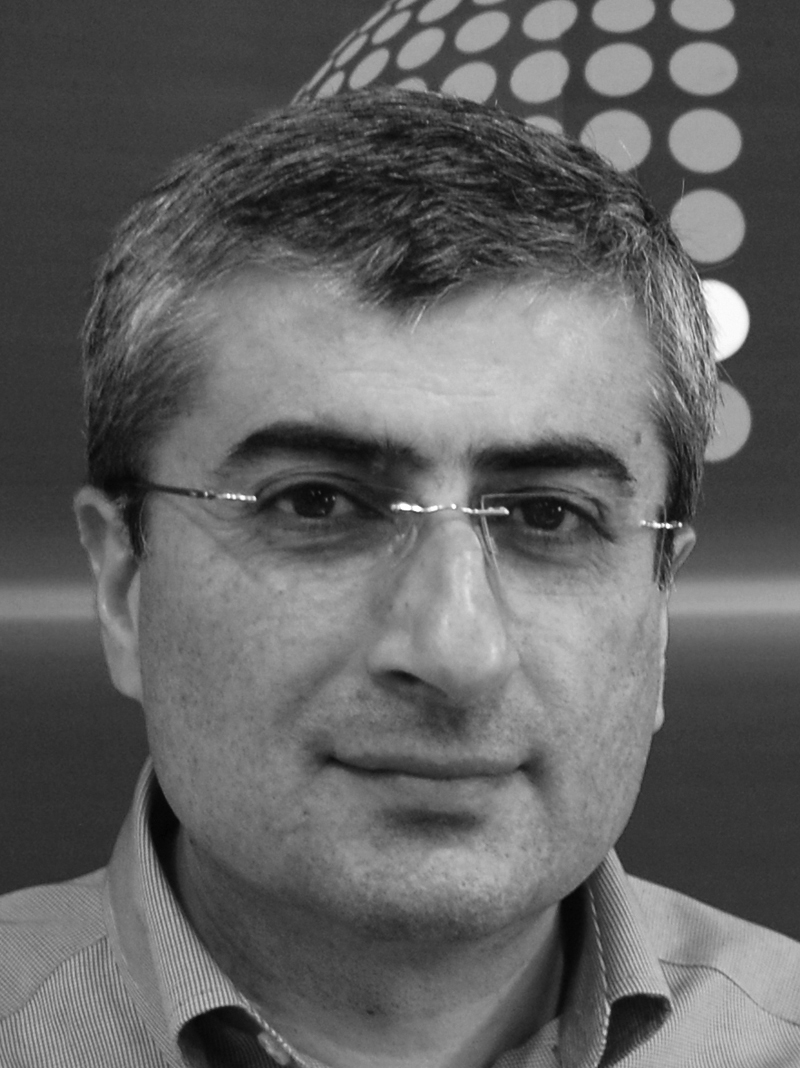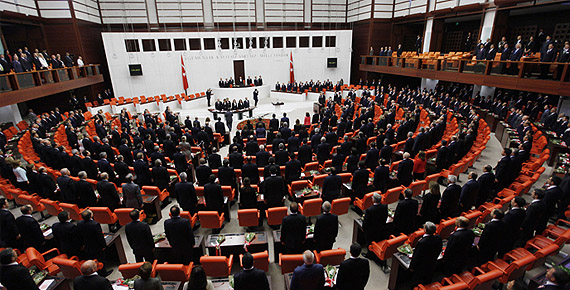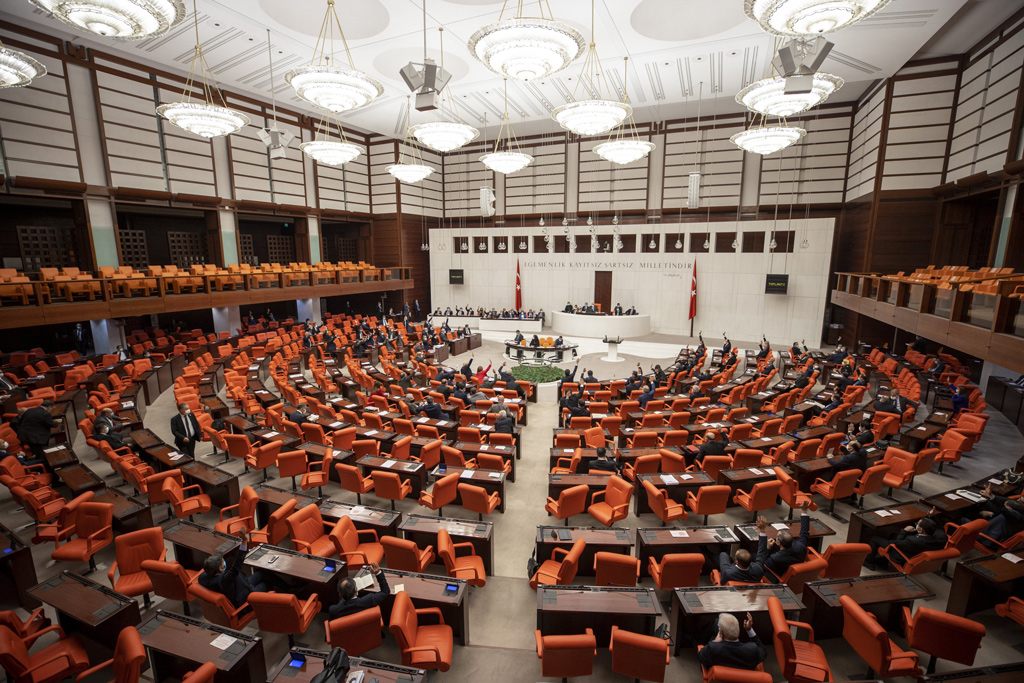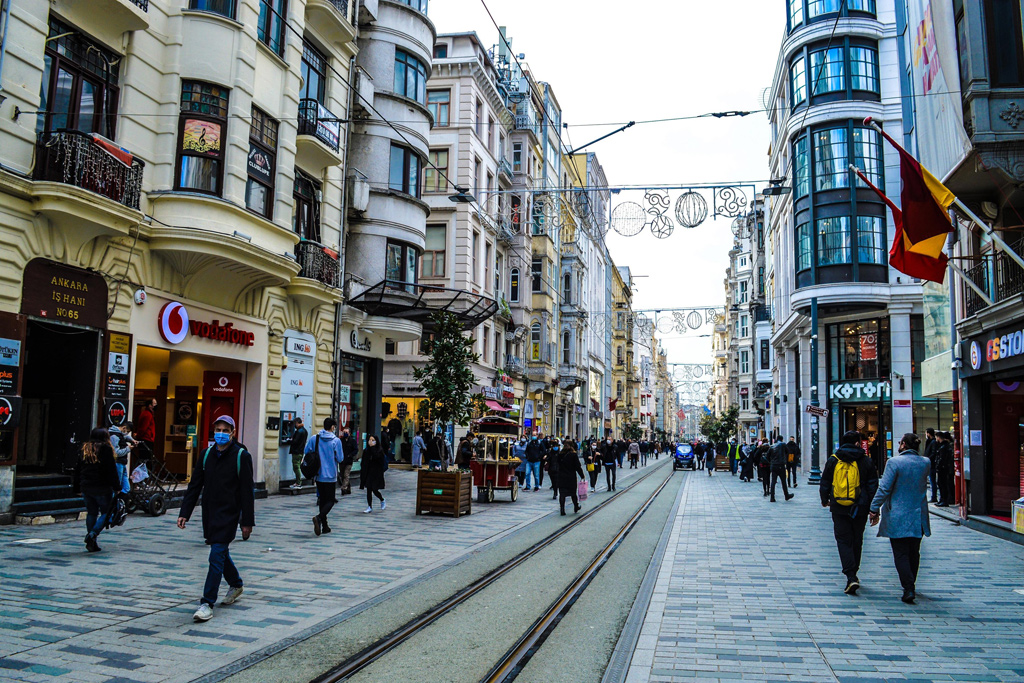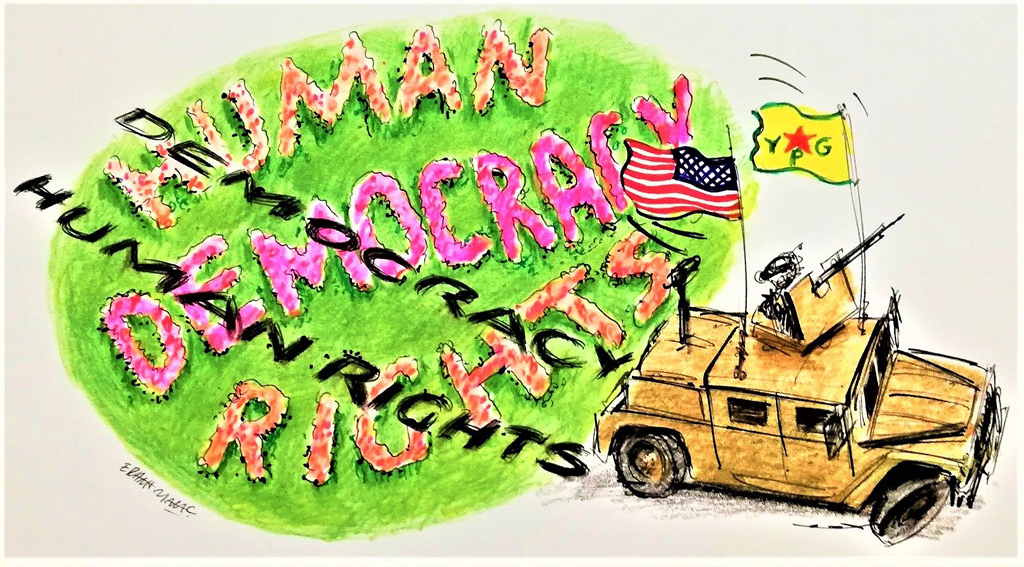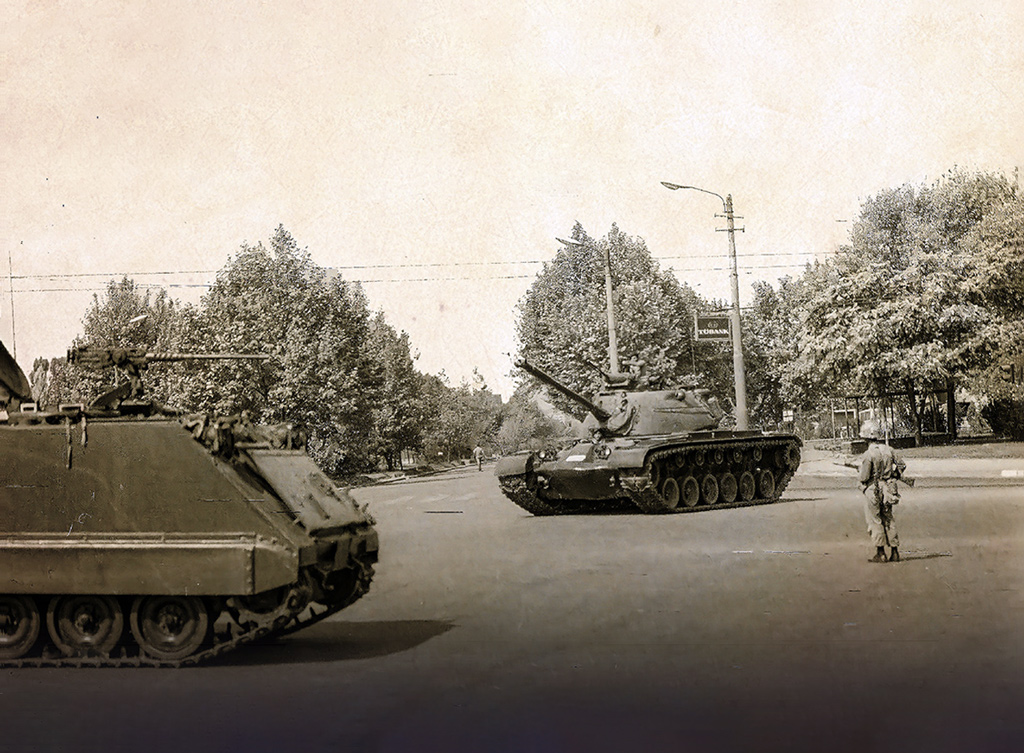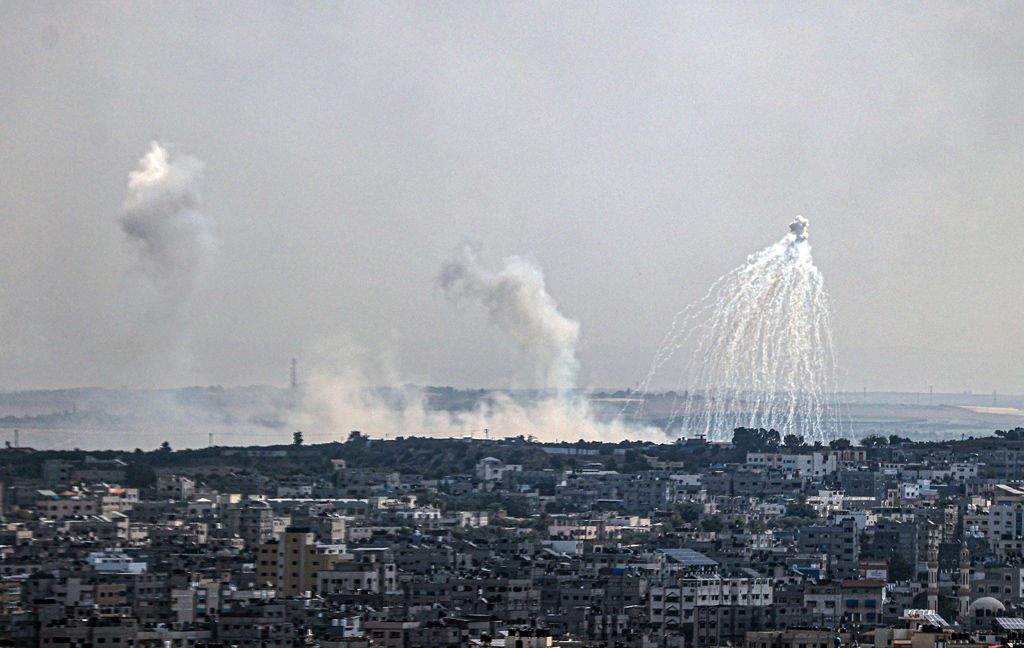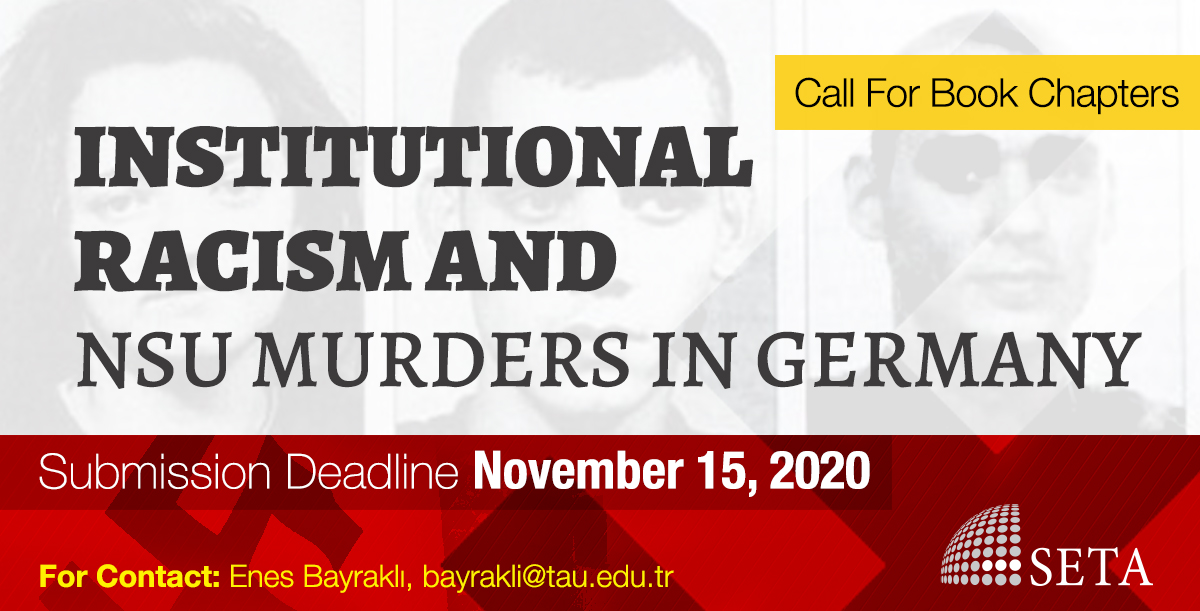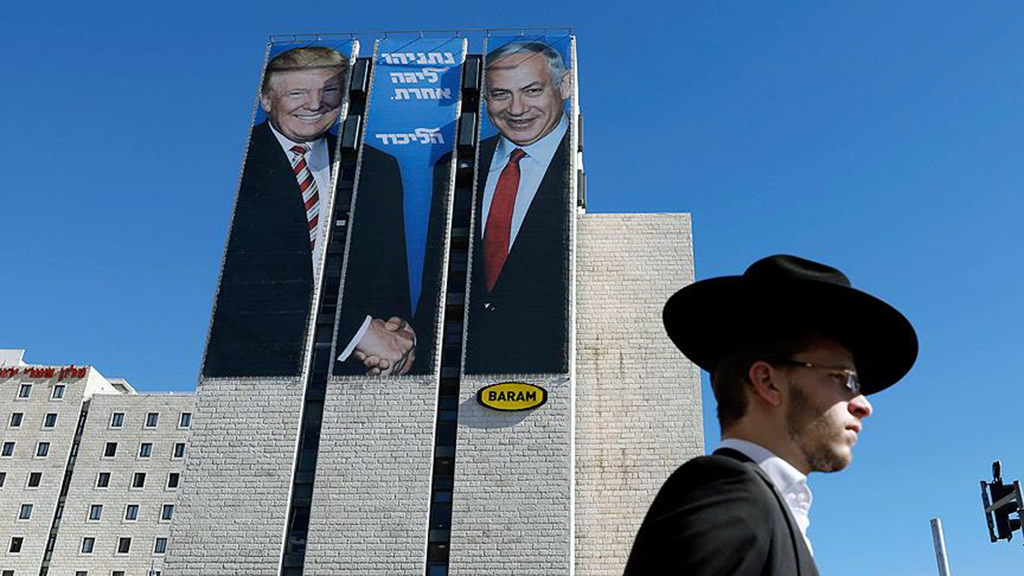The Constitutional Reconciliation Commission has been going through the most critical and challenging stage of the constitution-drafting process since May. When, however, this drafting process will be completed is uncertain. Furthermore, hopes are fading that the draft text will be announced to the public and discussed, and that a joint proposal will be submitted to the Parliament.
The Commission has tolerantly listened to everyone, including those who didn’t have a chance to express their problems, opinions and expectations. The Commission has also listened to opinions considered taboo, which would provoke harsh reactions when expressed in different places and in a different time. In brief, this ongoing process alone is a crucial and beneficial experience in terms of democratization and constitution-making.
POLITICAL IDEOLOGICAL POSITIONS
This process has significantly raised hopes and expectations for the new constitution. Nevertheless, recent developments are dashing hopes for a new constitution. This is not due to the Commission itself but due to the tense political atmosphere and the attitudes and discourse of political parties and leaders in particular.
Because this new constitution will represent a social contract, everyone must review their opinions and expectations about the new constitution, adopt conciliatory attitudes and find solutions easy to reconcile. To put it another way, one should be aware that the new constitution cannot and will not meet all the demands of all political parties and drafting a new constitution will be impossible unless everyone takes a step back. Therefore, those who suggest proposals that others will clearly not accept are in fact against a new constitution altogether but they fail to clearly express their opposition. Of course, everyone should freely voice their demands and feel assured that they will not be condemned for their constitutional demands. But they should also bear in mind that their demands may not be welcomed by everyone.
CONSTITUTION DRAFTING PROCESS
The Constitutional Reconciliation Commission began the drafting process with the Fundamental Rights and Freedoms section in the beginning of May. However, parties insisted on their own political/ideological positions in this section and only two provisions were drafted during this time despite the expectation that this section would be easily drafted with respect to human rights conventions to which Turkey is a party. During this difficult chapter in the process, the Drafting Commission unanimously approved three new provisions and restored hope once again. In the mid of June the Reconciliation Commission embarked on a leaders tour for “moral support and positive effect” and also received support from opposition leaders. Problems arising from time to time have generally been overcome and the Commission has carried out its work till now.
Given the slowness of the drafting process, a second Drafting Commission was established in mid-September. Nevertheless, there has been no consensus on certain provisions, such as mother tongue, political system, education and freedom of teaching and work was occasionally blocked. It would be a great mistake to suspend work under the pretext of a schedule which was clearly unrealistic from the very beginning. On the other hand, complete consensus on the new constitution is neither necessary nor possible. A constitution which fails to meet the demands of people from every walk of life, however, cannot serve as a social contract. Therefore, current work should be supported unless consensus among the four parties is no longer a priority. Otherwise, in a time when we seized the opportunity to draft our own constitution for the first time, those who miss this opportunity and those who remain mere spectators to this will certainly be held accountable to history and people. Fortunately, society observes the process, those who seek consensus and those who insist on their own opinions more closely than many people think.</p
